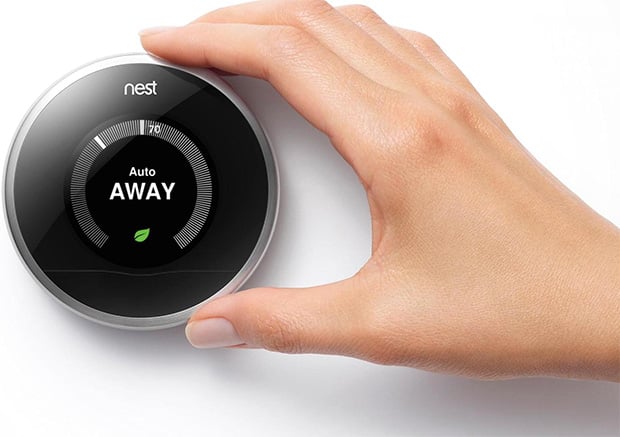US Intelligence Chief James Clapper Admits IoT Movement Is Rife With Spying Opportunities
The term "IoT" has been floating around for a while and many who care about privacy have been put on high alert. "Internet of Things" devices can help make our lives better. They can allow us to change the temperature with our smartphones or even unlock doors. They could help us track vital stats during a workout. They can optimize the use of our solar power. All great things... but... they can also act as a proxy that allows governments to peer into our lives.
Again, this threat is nothing new, but what makes its reality just a bit clearer is that someone in power in the spying industry has commented on it. That someone would be U.S. Intelligence Director James Clapper, a man with many opinions that will directly clash with those who believe everyone should have a right to real privacy.
To his benefit, he doesn't sugar-coat it, stating, "In the future, intelligence services might use the [Internet of Things] for identification, surveillance, monitoring, location tracking, and targeting for recruitment, or to gain access to networks or user credentials."

That's about as point-blank as it gets. But should we be worried that Clapper and his crew will know when our dinner is done? Probably not, but there's still a lot of information that could be gleaned from our smart electronics. In time, the government might be able to tell if we're home or not simply by tapping into our devices - and that's just to start.
Much of this desire to tap into IoT stems from the fact that "homegrown terrorists" are one of the biggest threats to U.S. security. Perhaps someone who uses a room temp of below 70°F has a greater chance to be a terrorist? It all seems silly, but it's hard to predict exactly how the government would use or interpret the data it collects.
Given this admission of desired IoT penetration, device manufacturers could do well with beefing up their security and bragging about it. While enhanced security could be considered a pain to some, the reality that their setup is safer against government intrusion might be all it takes to make them put up with it.
Alternatively, this could be seen a reason to not adopt IoT devices. Your biggest defense would be not owning anything that opens up a new door for the government to get through.

